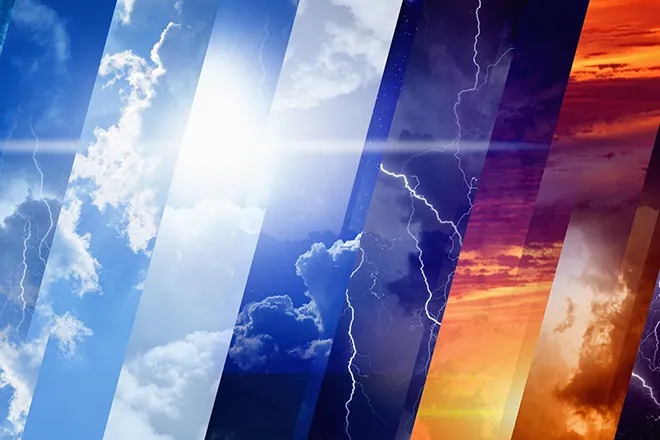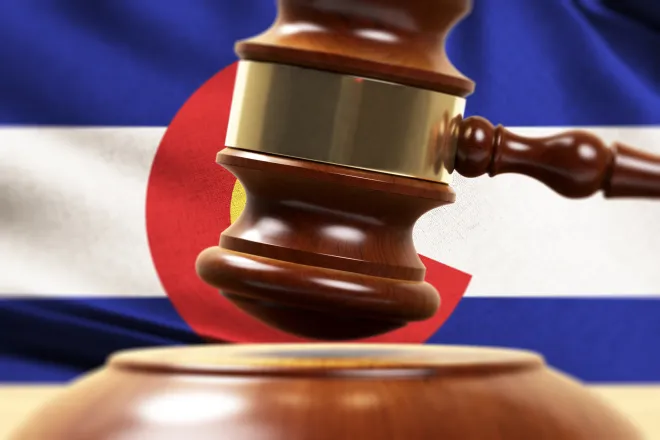
Native Tribes express concern over Nevada's clean energy projects
© iStock
Click play to listen to this article.
(Nevada News Service) A federal judge in Nevada has dealt three tribal nations a legal setback in their efforts to stop what could be the construction of the country's largest lithium mine. They claim it will destroy habitat for wildlife species and parts of Native American culture.
Judge Miranda Du granted the tribes the ability to amend their complaint against the Bureau of Land Management, which they claim fast-tracked the project to meet growing demand for lithium.
The Department of the Interior is hosting its 2023 White House Tribal Nations summit in Washington this week, focusing on "strengthening nation-to-nation relationships" and "protecting tribal homelands in an era of climate change."
Jimmy John Thompson, a member of the Timbisha Shoshone Tribe, feels Nevada is being overrun by clean-energy projects, and argued that tribal communities will be left behind.
"And some of it is even being funded by the federal government," Thompson said. "None of that funding is going to the tribes, and we also feel like we are going to be the ones facing the biggest impact there. An entire state is just being overrun by folks from Canada and South America, looking at lithium mines and everything else, including nuclear."
President Joe Biden has contended his administration has made what he calls "record investments for tribal nations," but also has acknowledged there is more to do. Biden considers the bipartisan infrastructure law and the Inflation Reduction Act "game changers" for Native communities across the country, especially in the fight against climate change.
Bryan Newland, assistant secretary for Indian Affairs at the Interior Department, said about 80% of the world's biodiversity in stewarded by Indigenous people. During this week's panel discussion, he highlighted the benefit and importance of co-stewardship on public lands.
"Many sacred places are found on what are now called public lands, because those lands were taken through various means and they are no longer in tribal ownership on paper," said Newland. "But that doesn't mean there is not a protected interest in protecting those places and accessing those places."
Newland argued that tribal lands will play a "critical role in helping solve climate change." Since taking office, Biden has created five national monuments using the Antiquities Act, including Avi Kwa Ame in the Silver State earlier this year.
















